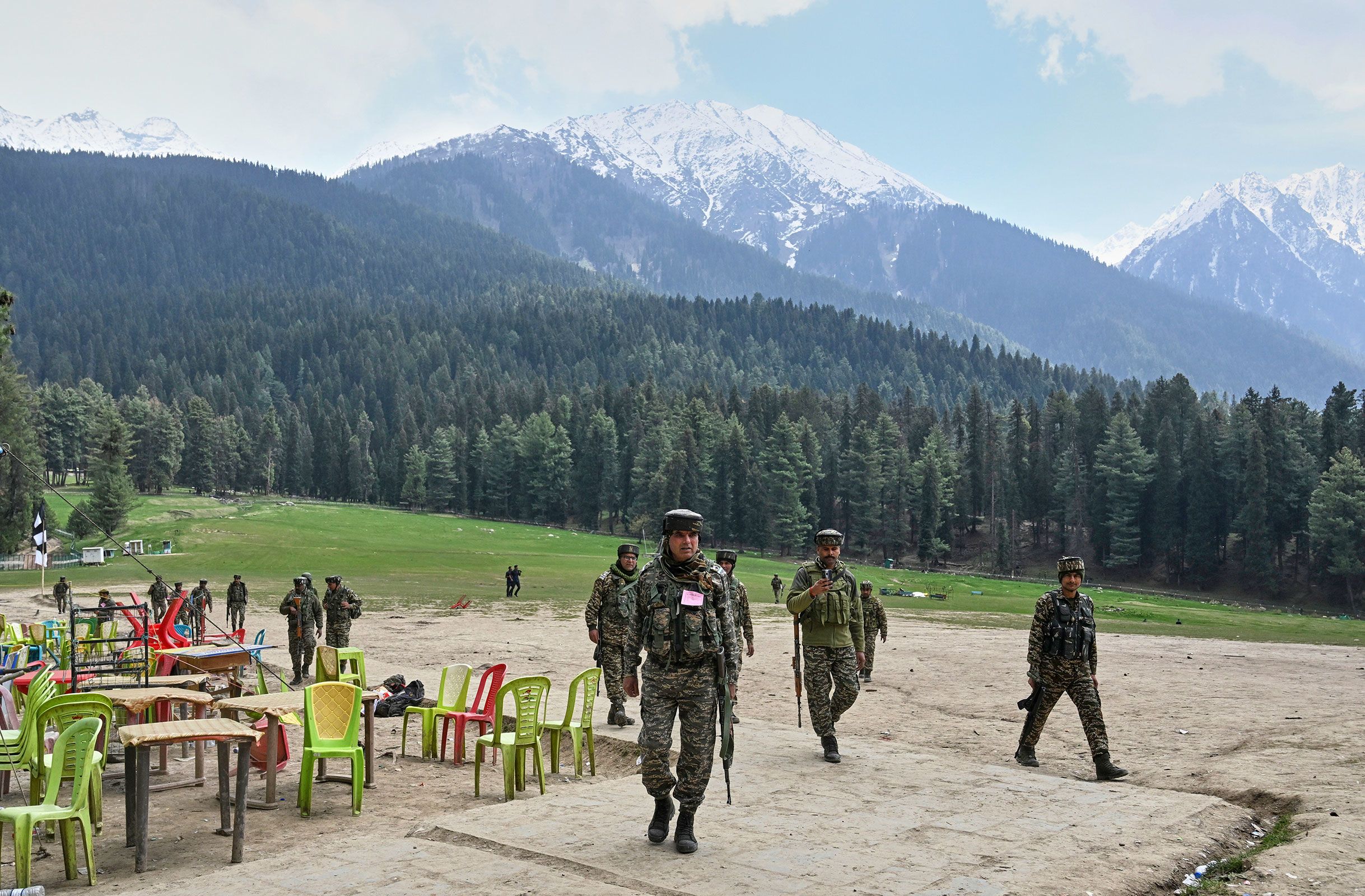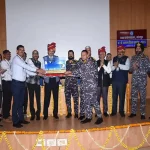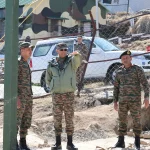The devastating terror attack in Pahalgam, Jammu and Kashmir, which claimed 26 lives on April 22, was a meticulously planned operation executed by Pakistan’s Inter-Services Intelligence (ISI) and Lashkar-e-Taiba (LeT) under direct instructions from the country’s political and military leadership, according to a report by The Times of India citing top Indian security sources.
Officials said the ISI directed Sajid Jutt, a senior LeT commander based in Pakistan, to deploy only foreign operatives for the mission, ensuring tight secrecy by excluding Kashmiri terrorists from operational knowledge. The aim was to avoid detection and maintain plausible deniability at international forums.
The attack was carried out by two Pakistani nationals—Hashim Musa alias Suleiman and Ali Bhai alias Talha Bhai—along with a local associate, Adil Hussain Thokker. Investigators say the attackers received shelter and logistical support from local residents Parvaiz Ahmad Jothar and Bashir Ahmad Jothar, both of whom have since been arrested by the National Investigation Agency (NIA). The duo is accused of knowingly aiding the terrorists despite being aware of their affiliations.
The Resistance Front (TRF), widely acknowledged as a proxy outfit for the banned LeT, had claimed responsibility for the attack. Indian intelligence agencies maintain that TRF is used by Pakistan as a front to evade international pressure and sanctions.
In a swift and powerful retaliation, India launched Operation Sindoor on May 7, targeting nine terrorist camps deep inside Pakistan and Pakistan-occupied Kashmir. The pre-dawn aerial strikes reportedly killed over 100 terrorists and marked the beginning of four days of hostilities, which included drone strikes, missile launches, and long-range artillery exchanges. The cross-border skirmishes ceased following a mutual military stand-down agreement on May 10.
A senior security official described the Pahalgam attack as “a closely guarded ISI plot intended to destabilize Kashmir while avoiding international backlash by keeping local involvement minimal.” Intelligence reports suggest this new pattern of deploying foreign fighters may indicate a broader strategic shift by Pakistan to internationalize the Kashmir issue without direct fingerprints.
As the investigation continues, the NIA is piecing together further evidence to expose the full extent of ISI’s involvement. India has already presented preliminary findings to key international partners and is expected to raise the issue at the United Nations and other diplomatic forums.
The incident and India’s response have once again spotlighted the fragile security situation in Kashmir and the high stakes of Indo-Pak relations in a volatile geopolitical climate.













